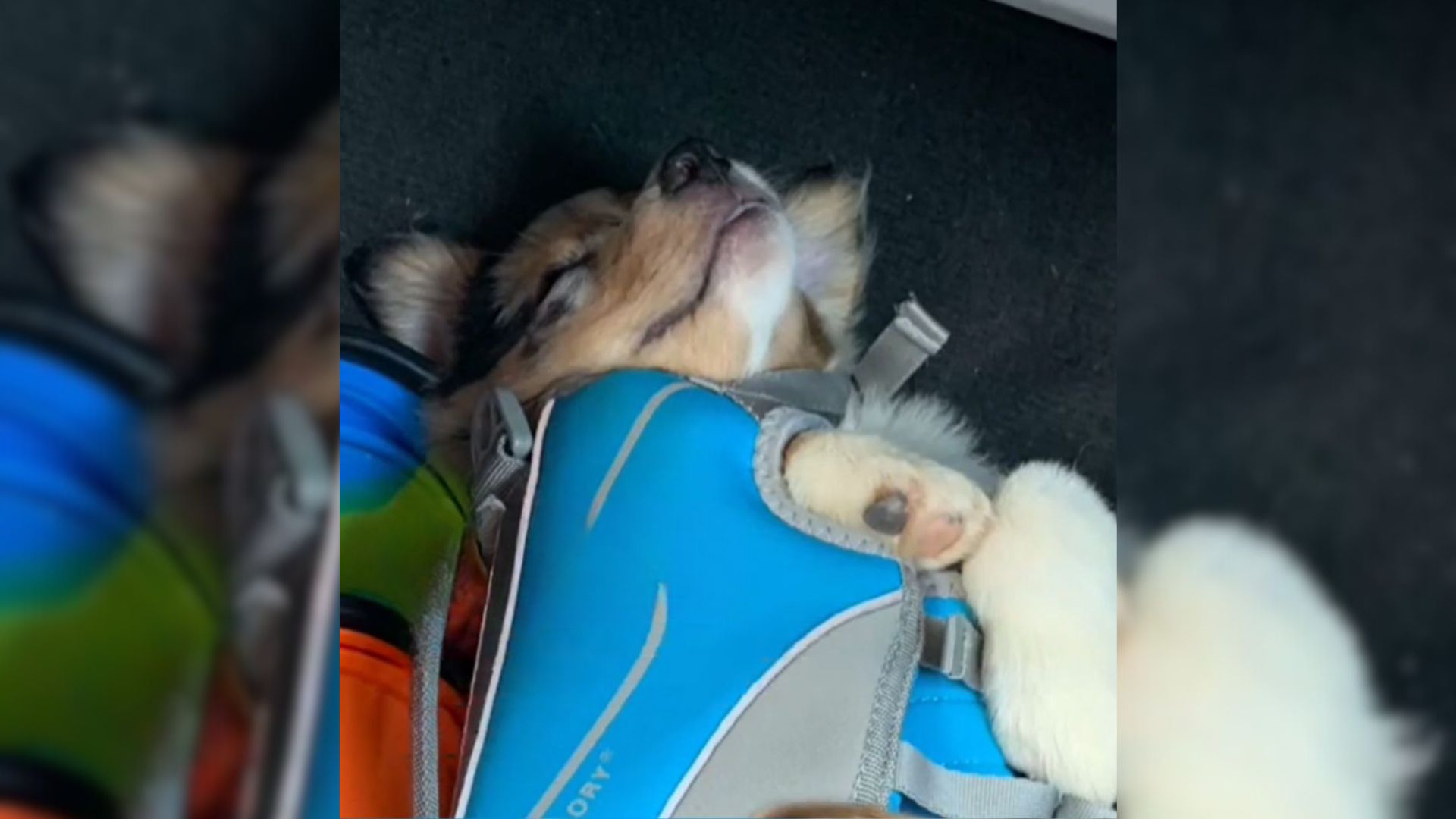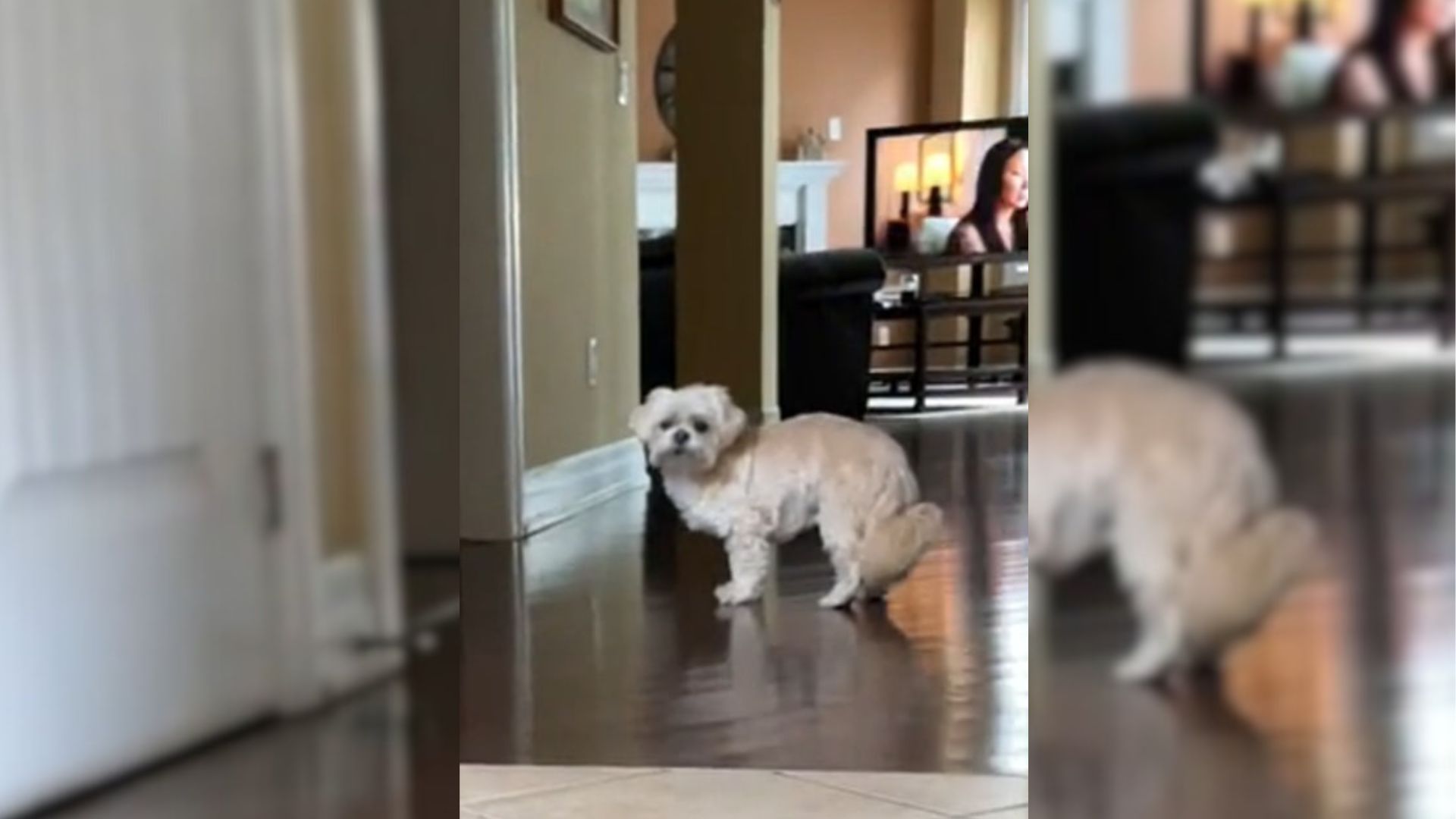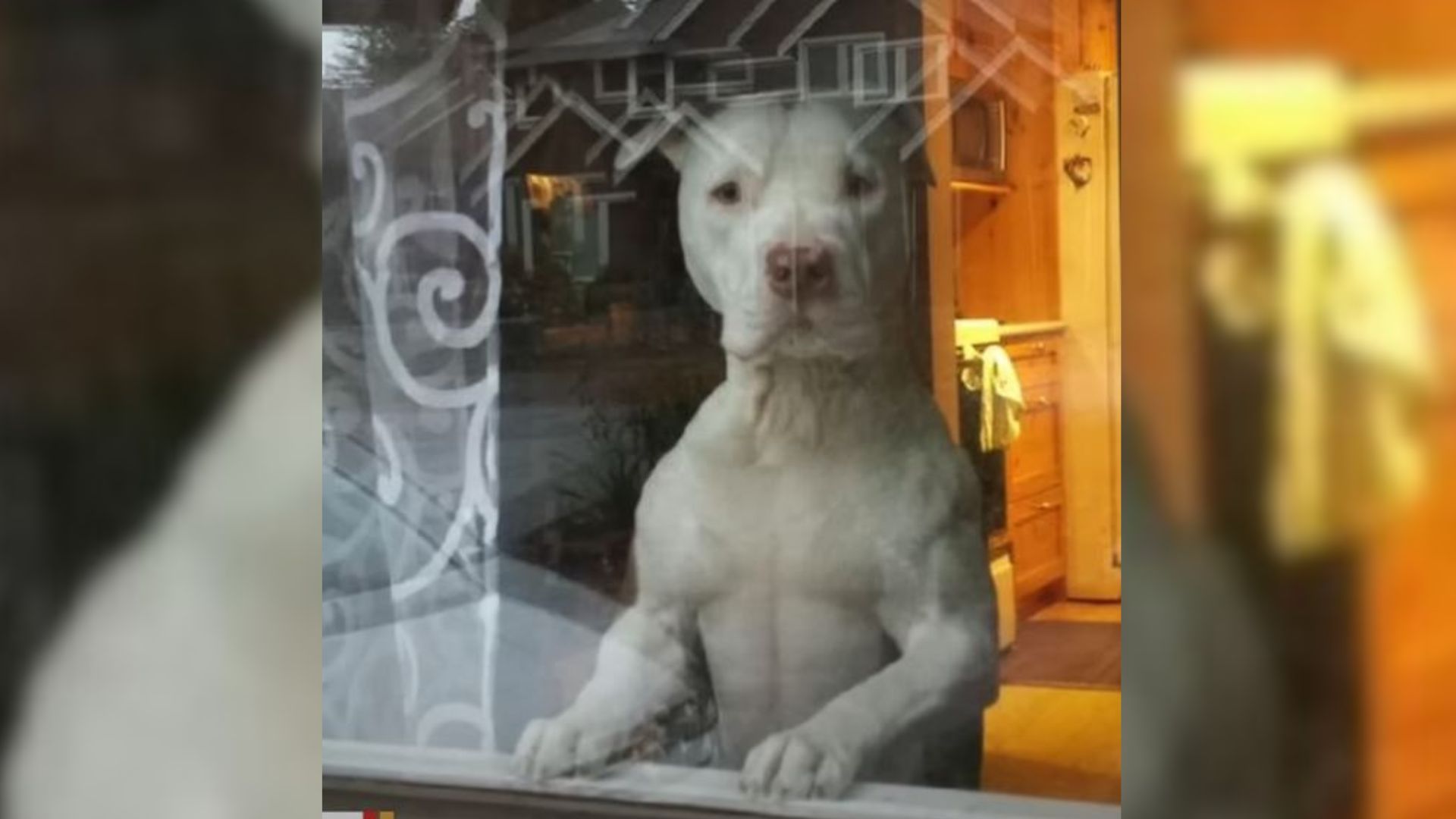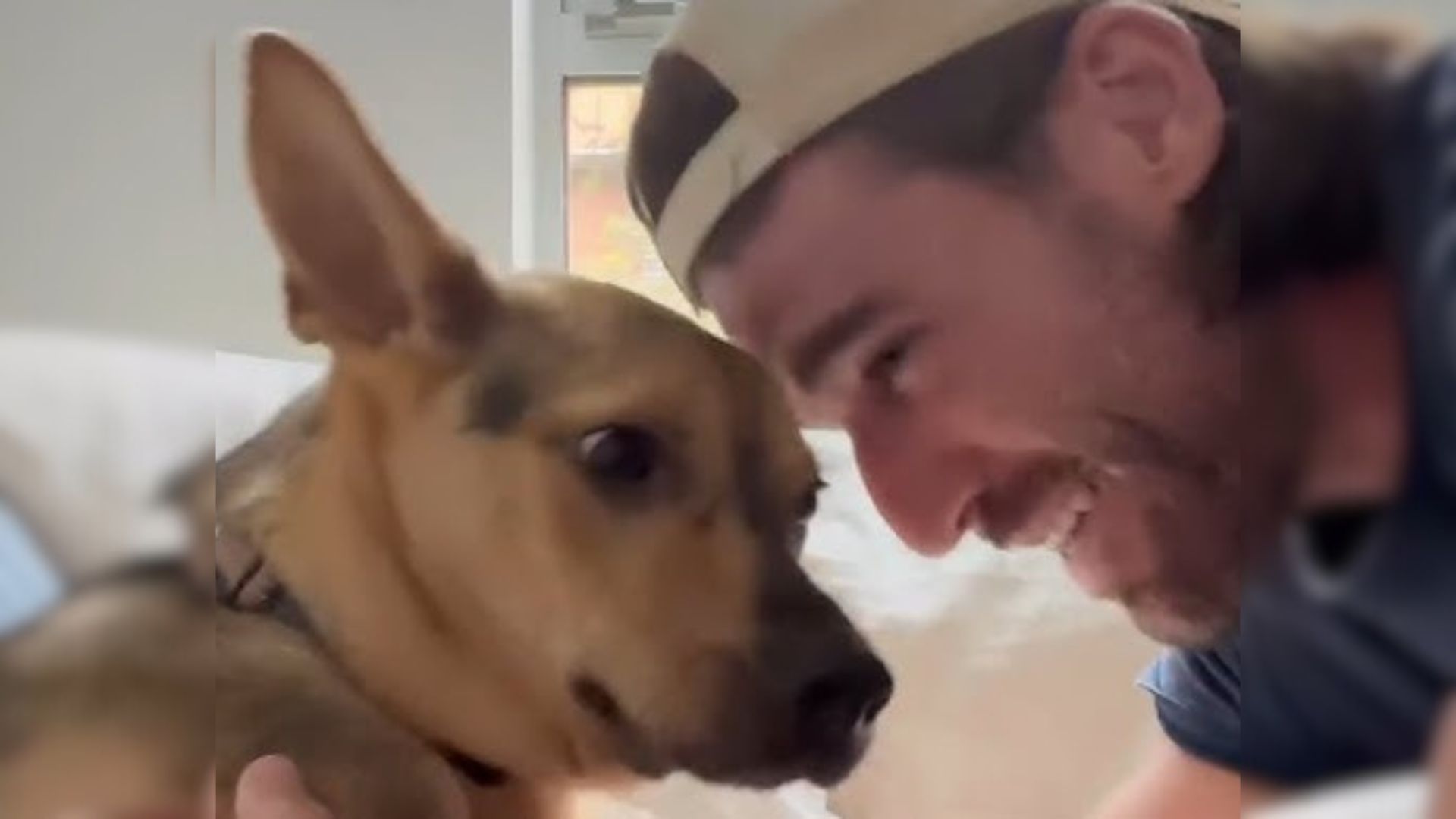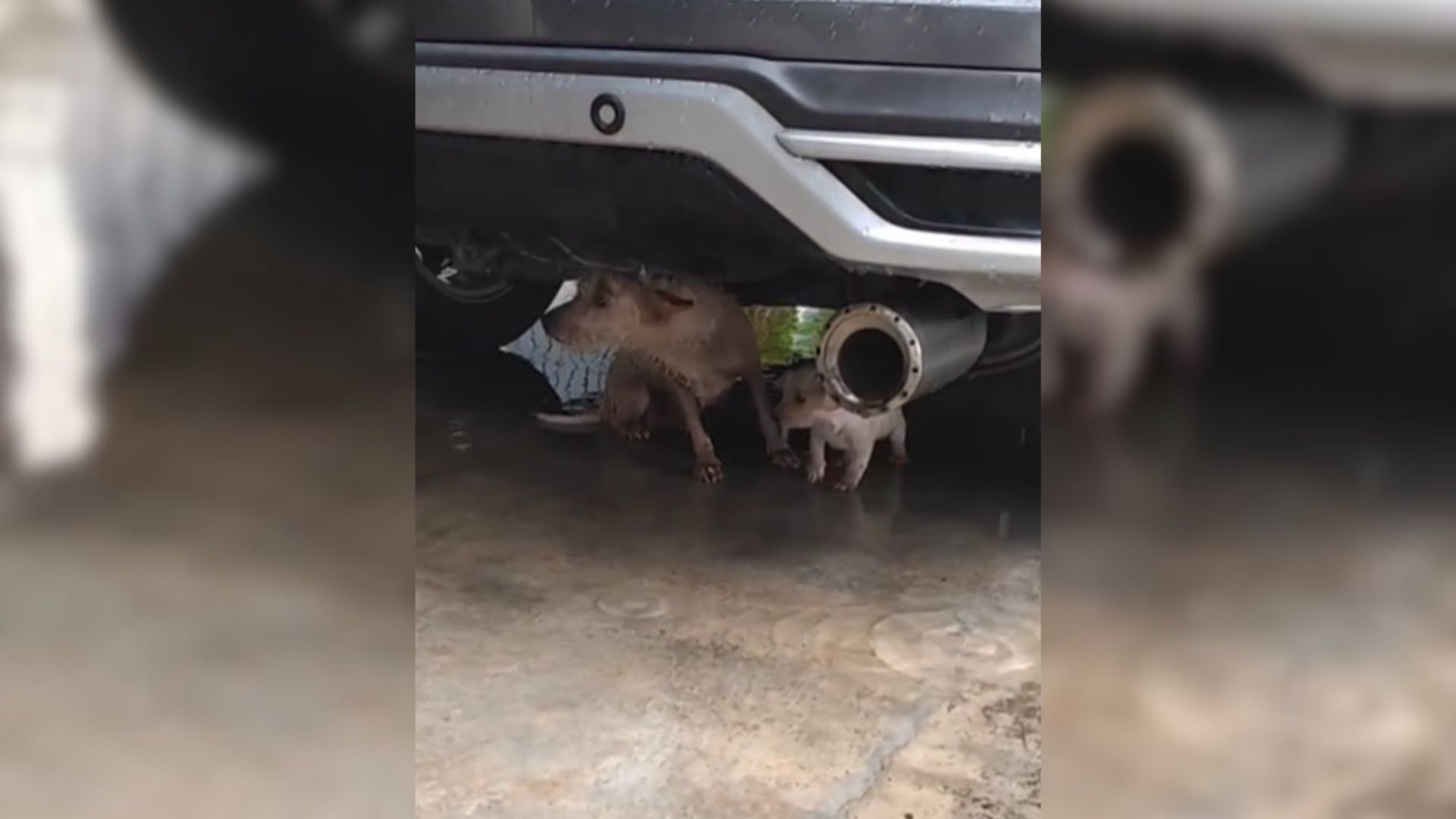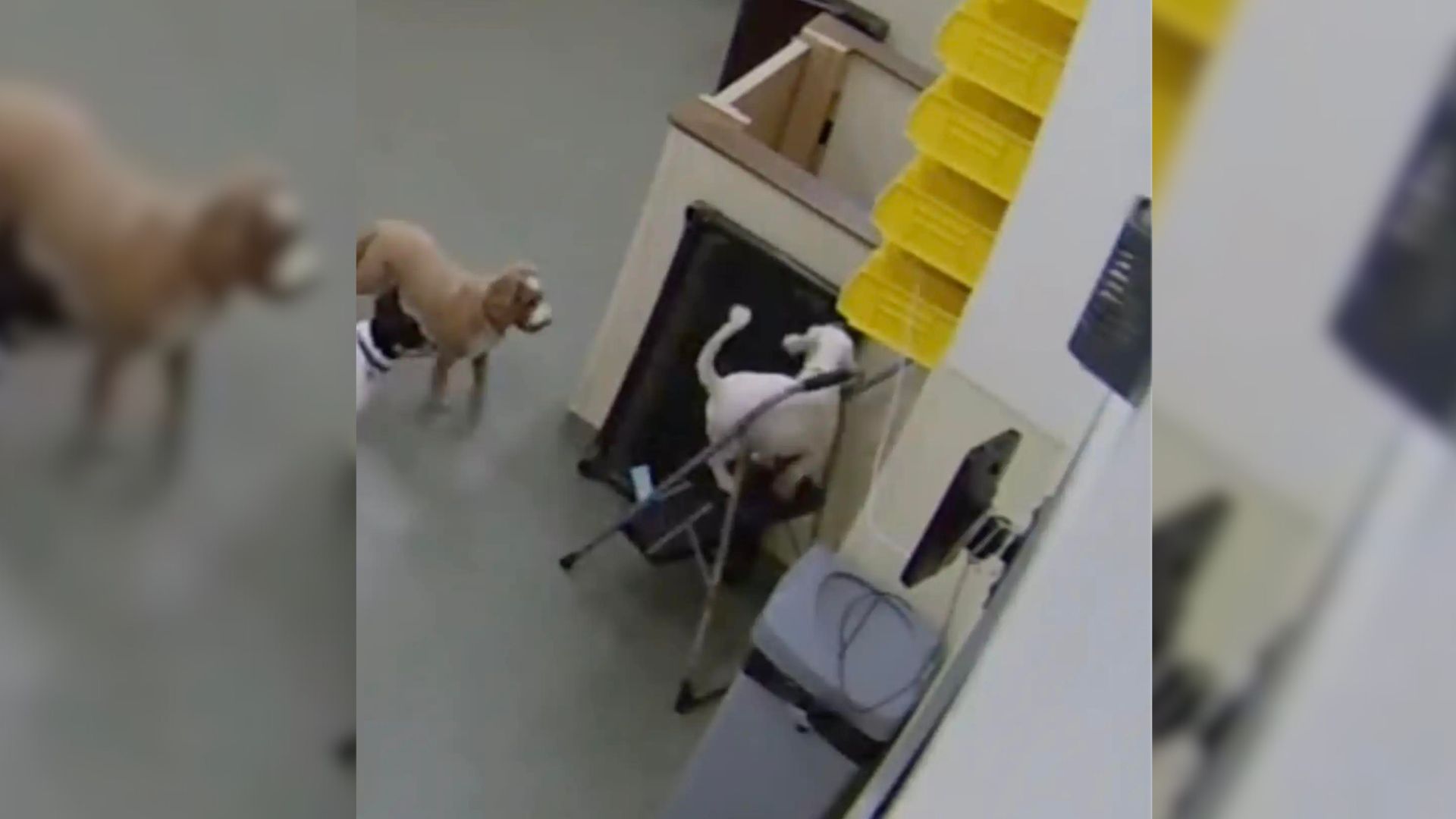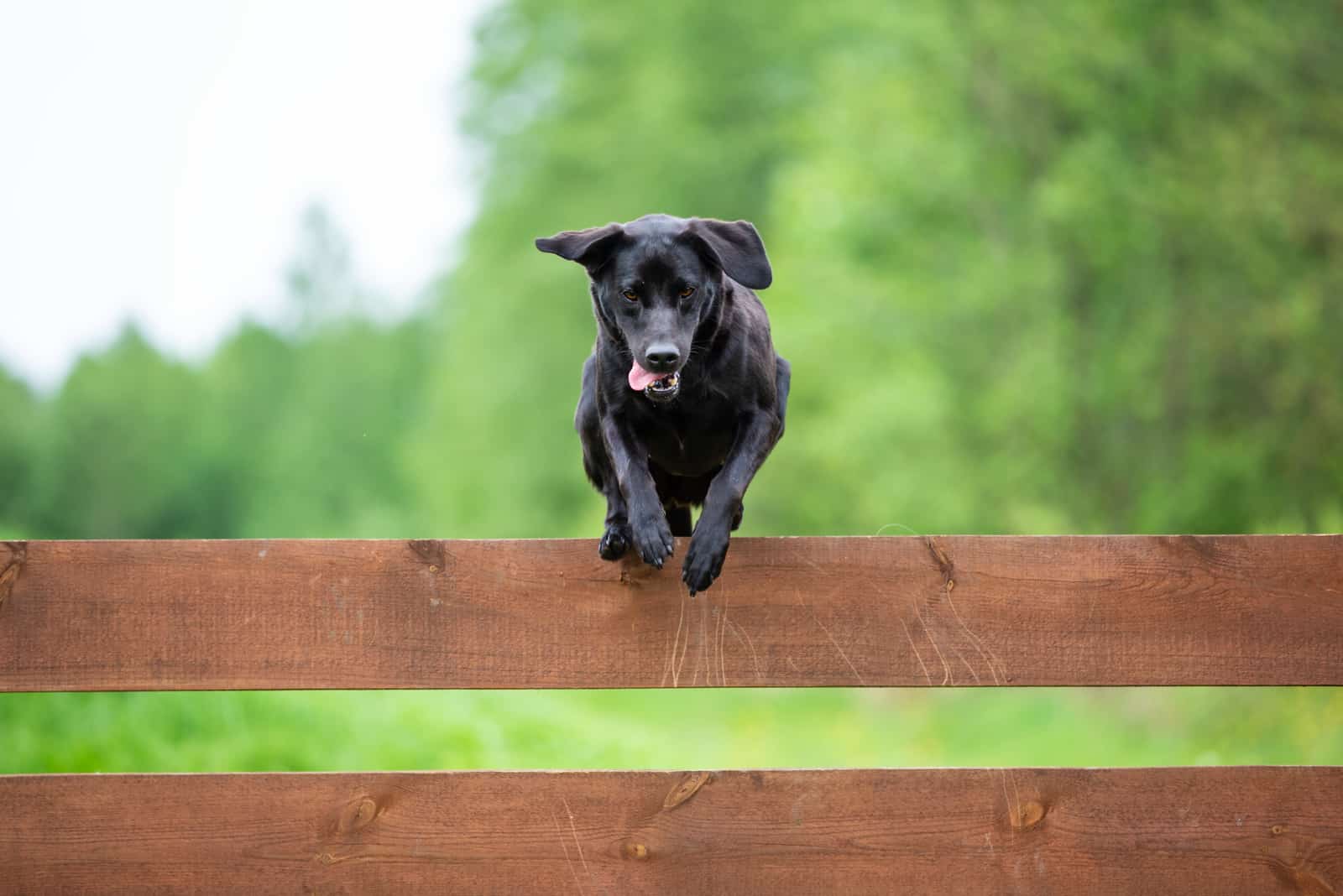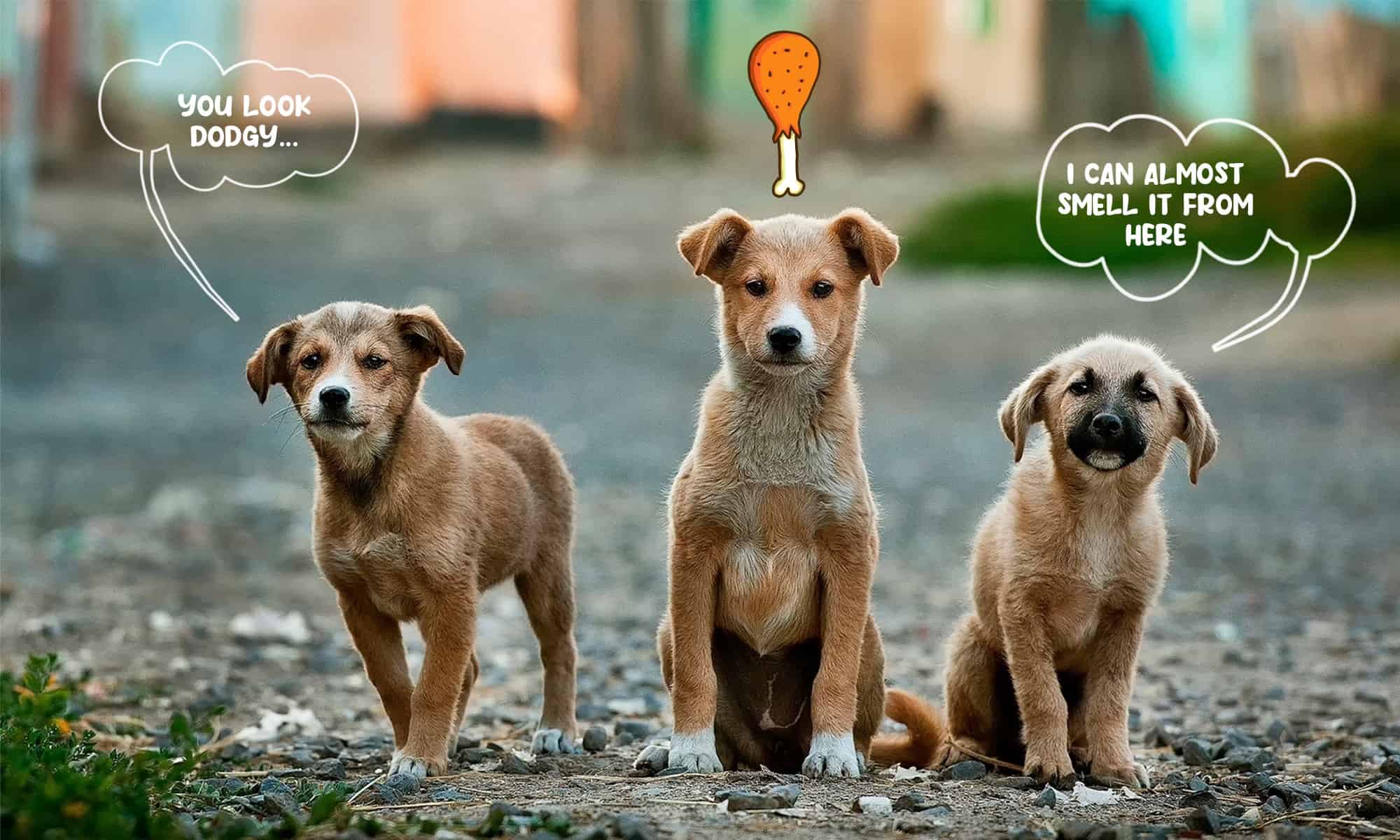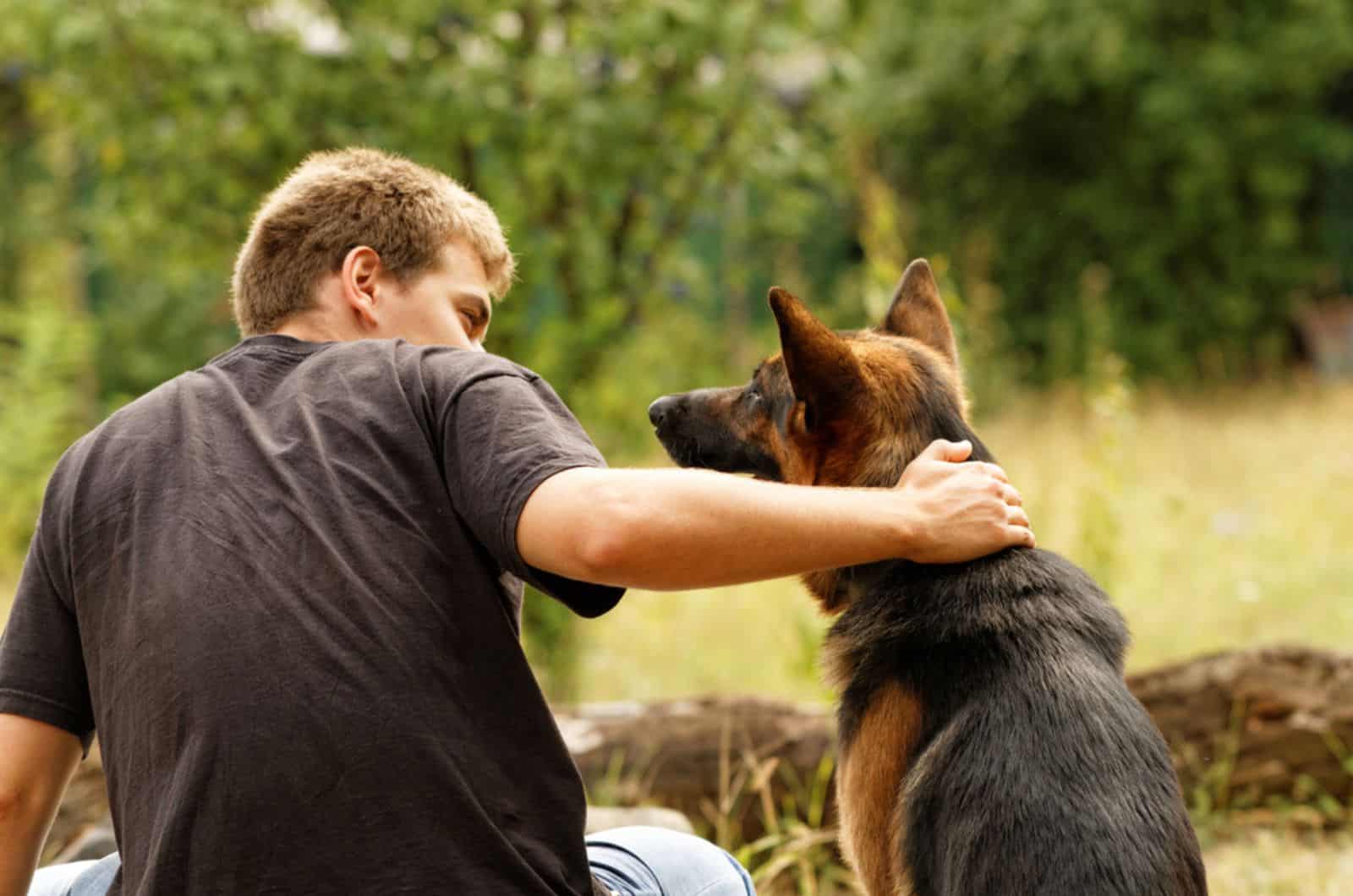Hey PupViners! I just got an email from a follower and it cracked me up.
I know you guys ask yourself all kinds of questions, especially if you’re a fresh dog owner. But, I never thought someone might ask me why a dog does something that’s typical dog behavior.
Still, it got me thinking… Why exactly do dogs do what they do? Particularly, why do they chase their tail? I know it’s usually for the sake of fun, but still…
Is there something else behind this quirky behavior?
Here’s the email that made me LOL, and here’s the answer I got while studying this canine behavior!
Dear Liam,
I have one quick question and I hope you’ll ease my mind.
I have a young German Shepherd. He’s 18 months old and still acting like a puppy. He’s chasing his tail all the time and jumping up and down like a rabbit. I even got his DNA tested to see if he has any Husky blood.
Turns out, he’s a purebred GSD and simply acting weird.
Is my dog mentally challenged? I don’t think he’s 100% normal. I don’t see any other GSDs do this all the time.
Help, please!
So, Why Does A GSD Chase Its Tail?
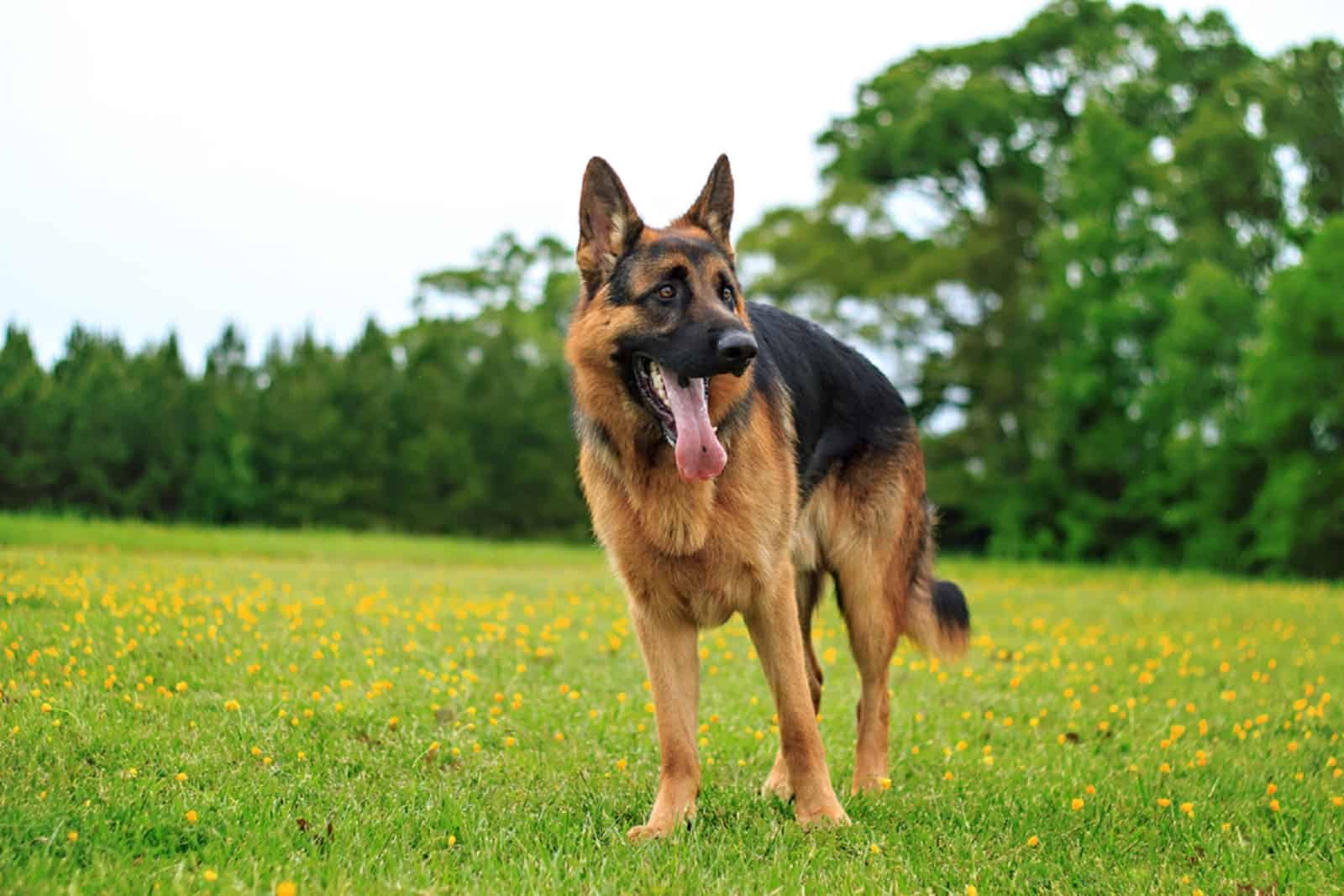
Normally, when a dog chases its tail, it’s usually for the sake of fun.
German Shepherds are, as you all know, super active dogs. They need at least two hours of exercise each day, and that includes strenuous workouts and playtime.
Sometimes, all your stimulation might not be enough, so a dog will decide to entertain himself.
What else can a dog do other than chase its own tail? It’s right there attached to its body, it wiggles, and it’s the pawfect toy!
Although many people claim German Shepherds are tough and too serious to be playful, I say otherwise. I’ve seen a lot of GSDs acting like playful puppies, so there’s that.
I bet the guy that sent me that email has one of those playful specimens of the breed!
However, entertainment, finding a way to ease boredom, and playfulness aren’t always reasons why a dog might be chasing its tail. Sure, it’s fun enough to see them play with themselves, but there are cases when constant tail chasing is not a good sign.
Why Tail Chasing Might Not Be A Good Sign
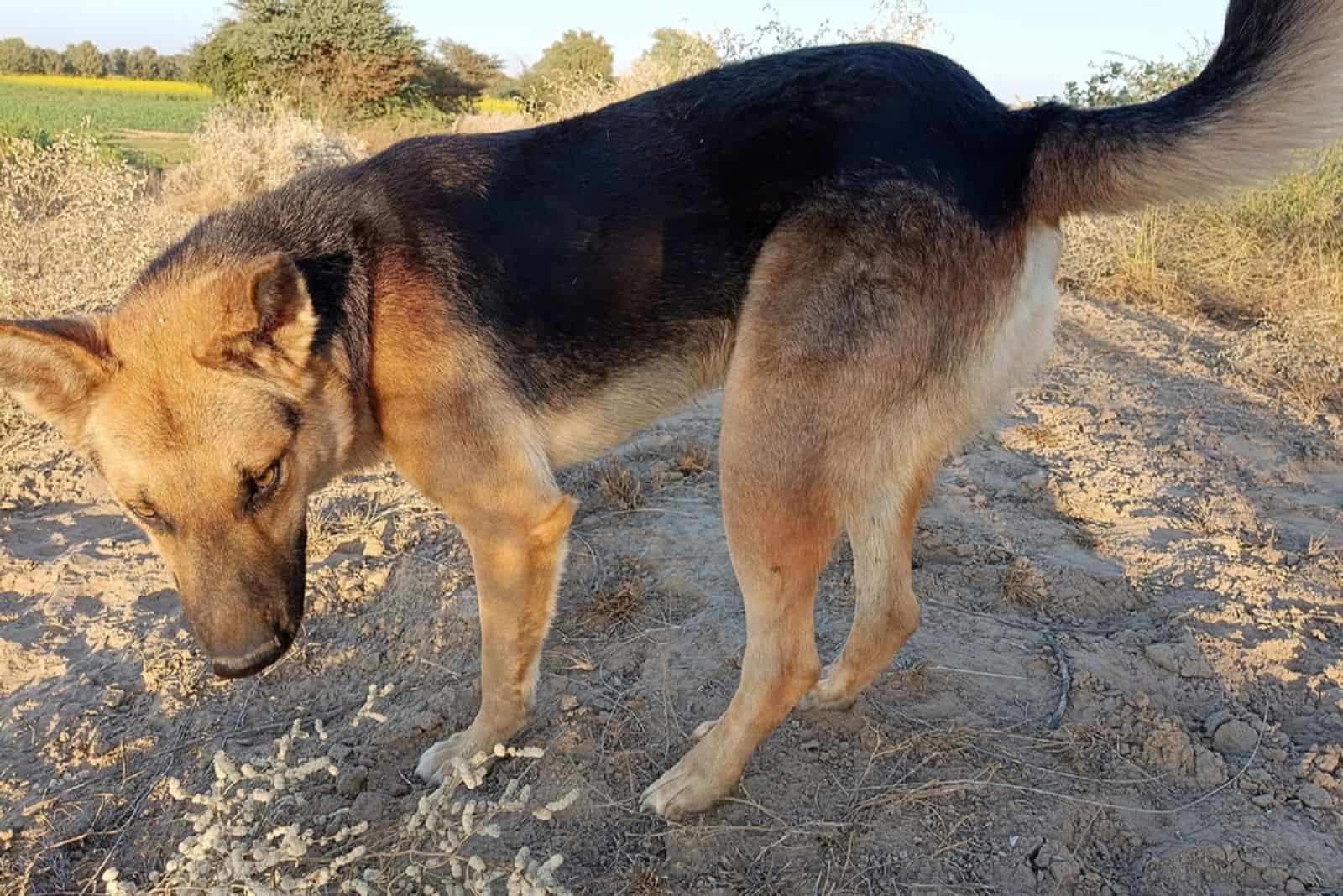
What made me worry about that email is that the owner clearly stated that it’s something his dog does all the time.
Well, the all the time part really worries me because it may be a sign that the tail chasing is not because a dog wants to have fun.
Sometimes, severe problems might stand behind such behavior.
To the owner of that quirky GSD, here’s what you should check your dog for:
- Flea infestation
- Seizures
- Chronic pain
- Separation anxiety
Flea infestation is a common issue for lots of dogs. All that scratching, itching, and chasing of the tail might be your dog’s way of saying those nasty pests are bothering him.
You can easily figure out if your dog has fleas if you check out his coat and find tiny black dots (flea poop, eww). In this case, your dog will need a flea bath to get rid of them as well as preventive treatment, i.e., pills or collars to stop them from catching the bugs again.
Seizures are not manifested commonly as you might think, but they’re still one of the reasons why dogs chase their tail. Unfortunately, this recurring habit is something only a veterinarian can debunk.
If nothing else seems to be wrong with your dog, and he gets plenty of exercise and stimulation, then you should do a thorough check to see what’s wrong with your pup and why the seizures are happening.
Chronic pain tends to occur with older German Shepherds. Since the dog in question is a younger one, this is a less likely reason, but I’d still have the dog checked out. Maybe the dog sprained his tail muscle and it’s causing him discomfort; hence, all that tail chasing.
You never know until you examine the dog.
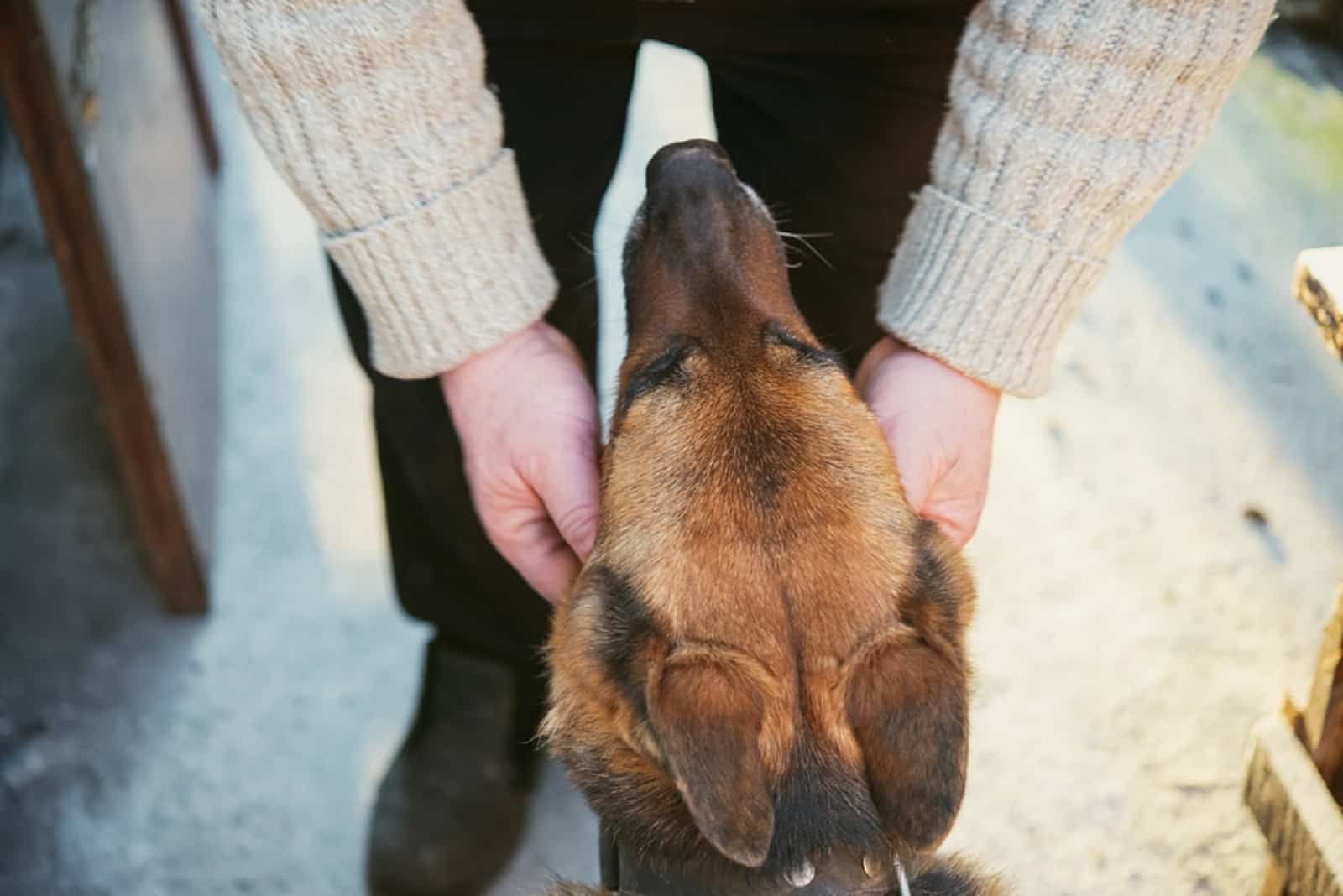
Separation anxiety is something German Shepherds are familiar with. As dogs that tend to cling onto their family members, sometimes even one specific person, being separated from their hoomans is hard.
Any sudden change in their routine, change of habit, or introducing new people in their life can trigger anxiety with dogs.
I’ve seen a lot of cases of GSDs having separation anxiety because their owners had to go back to work after Covid 19 isolation. And, it was super difficult for both the humans and the dogs.
Any of these reasons could cause a German Shepherd to chase its tail. I don’t want to alarm anyone or cause unwanted panic attacks. Usually, when a dog is healthy, chasing its tail is nothing to be worried about.
However, to ease your mind, if you see this happening a lot, even when your dog is entertained completely, it wouldn’t be half bad to take the dog for a regular vet checkup.

